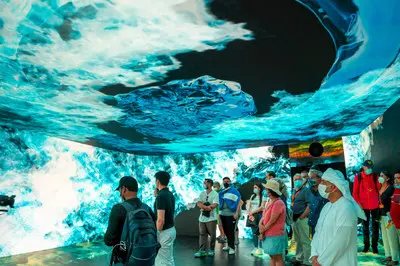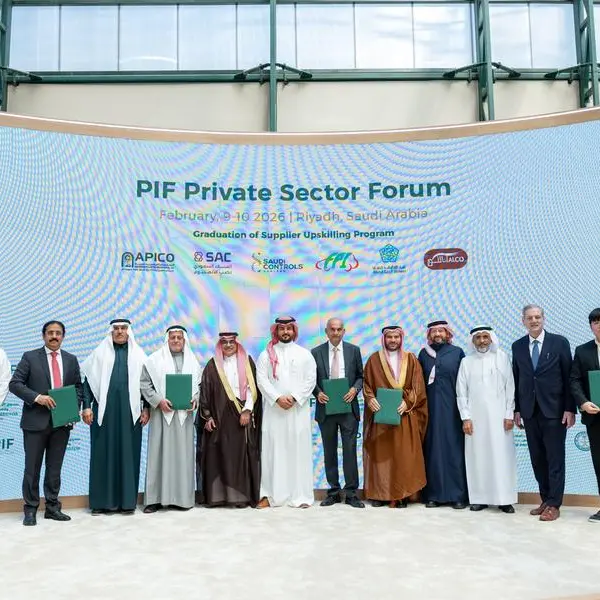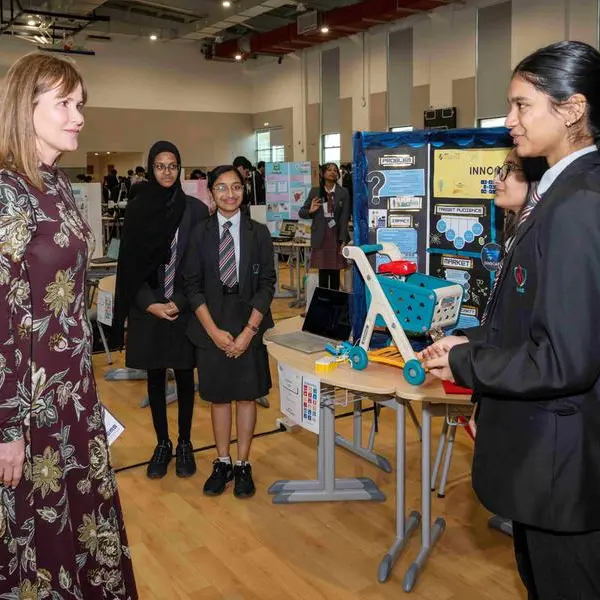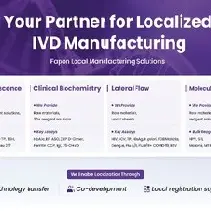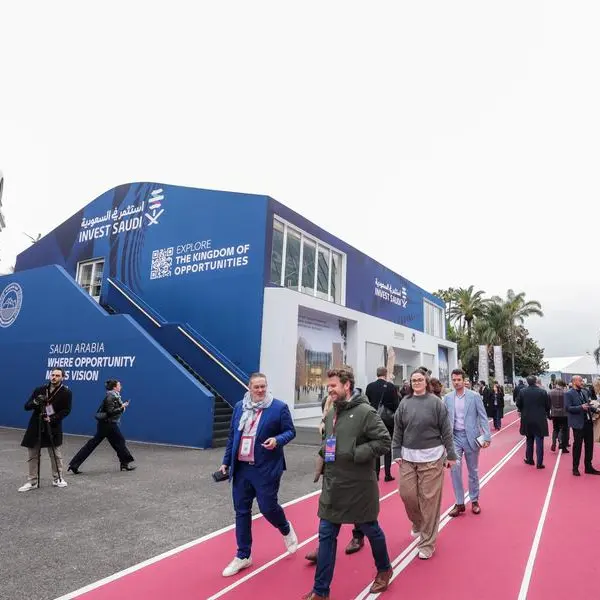PHOTO
FOZ DO IGUAÇU, Brazil: /PRNewswire/ -- Based on a topic still little known to the public, the so-called flying rivers, Itaipu Binacional attracted 420,328 people to the Brazil Pavilion at Expo Dubai in just 12 days (March 20 to 31st), helping the country surpass the 2.1 million visitor mark and showing, with immersive and interactive technologies, how water, biodiversity, climate, and sustainable energy production are interdependent.
The flying rivers that leave the Amazon carry more water in the atmosphere than the Amazon River itself and are responsible for feeding the rivers of Southern and Southeast Brazil, including the powerplant's reservoir. Itaipu generates around 10% of the electricity consumed in Brazil and 90% in Paraguay.
In a region with scarce water resources such as the Middle East, the show's concept caught the public's attention in a playful and interactive way. "Itaipu showed how it is possible to apply sustainable development to clean energy generation", said the plant Coordination Director, Luiz Felipe Carbonell.
As an example of water care, Itaipu restored and protects more than 100,000 hectares of Atlantic Forest on both sides of the reservoir, with 24 million trees planted on the Brazilian side alone.
The UN Commissioner General for the Expo, Maher Nasser, stated that Itaipu's exhibition was very interactive and hands-on and praised the emphasis on the 17 Sustainable Development Goals (SDGs) of the 2030 Agenda. "To see the exhibit connecting the SDGs with projects that are older than the SDGs themselves is proof that there is continuity in the work to create prosperity and protect the environment", he said.
Itaipu also promoted eight side events, covering different topics such as sustainable agriculture, smart cities, tech parks, and energy transition. One of the highlights was the launch of the first Global Symposium on Sustainable Water and Energy Solutions, which will be held with the UN Department of Economic and Social Affairs (UNDESA), from June 7 to 10 2022, in Itaipu, on the border between Brazil and Paraguay.
The conference will gather experts that work with the water-energy nexus to discuss best practices related to SDG 6 (water) and 7 (energy) and their interrelations to other SDGs, such as climate action, fighting poverty and inequalities, promoting health and education, among others.
For more information: itaipu.energy
-Ends-
